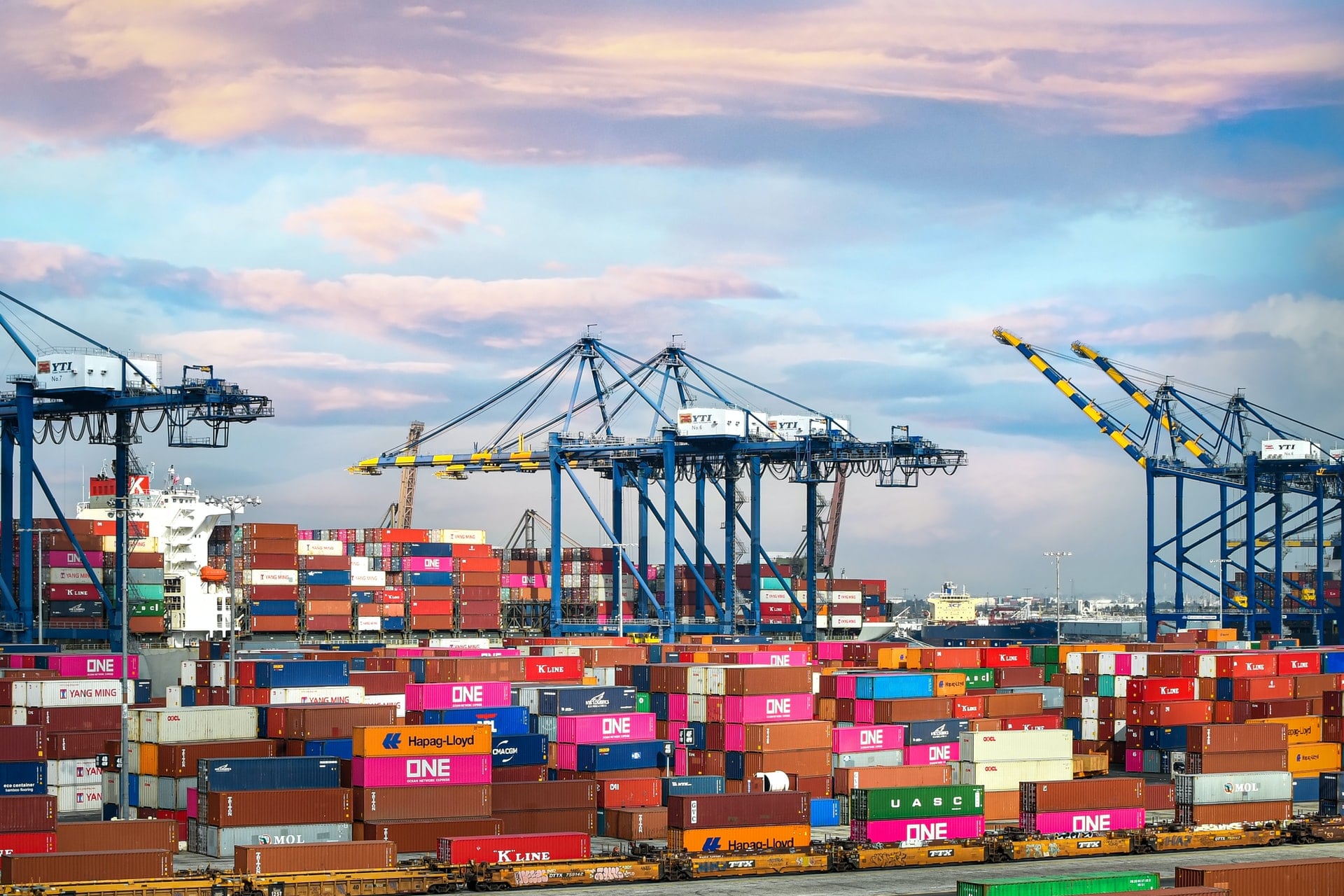America as a Champion for Globalization
The world has, for long, looked towards the US as the torchbearer of globalization. The past four years, however, were actually marked by a retreat from this stance and also from its position of global leadership.
A string of failed strategies have come to be associated with the superpower – spanning overseas invasions, and more recently the divisive polices of the Trump administration. Where the US once led international affairs and trade, the nation mostly witnessed political brinkmanship between 2017 and now.
Although several Trump administration policies will be reversed, US trade policy towards China is likely to not see any profound change at the very outset. However, a positive development is that President Biden has ensured that the lines of communication are open with China. His stance will be less aggressive and one, that some suggest, will entail competing with China in certain areas while collaborating on global threats such as climate change. A retreat from globalization will benefit neither China nor the US; a more evolved form, however, could well be discussed and framed.
Deliberations are imperative at this juncture. In this regard, Horasis is conducting the ‘Horasis Extraordinary Meeting on the United States of America’ on March 18, 2021. The online event will bring together thoughts and ideas from world leaders from different walks of life.
The US Needs to Re-establish itself as a Globalization Champion
China is fast cementing its position as a the leading proponent of globalization with US’ inward looking stance. Steady expansion of its Belt and Road Initiative continues unabated and the recent signing of the Regional Comprehensive Economic Partnership gives it even stronger influence. On this front, the Comprehensive and Progressive Agreement for Trans-Pacific Partnership definitely warrants reconsideration from the US.
The Biden administration has the ability to revitalize the global economy. During the 2008-09 Global Financial Crisis, it was the Obama-Biden administration that coordinated a global economic response. A similar approach may be expected this time too. Arresting the pandemic and its effects demand concerted efforts and, in this context, there is dire need for strong and empathetic leadership. It is, no doubt, a multipolar world but the Biden administration can certainly set the tone by outlining higher ideals for a fragmented world to emulate, while championing globalization.
Poor Policymaking has Led to Multi-Pronged Issues
President Biden takes over at a time the US is beset by many woes. The economy is in bad shape, a pandemic—grossly underestimated by many in government—seared through the nation, and an entire population stands deeply divided. Even in the aftermath of the 2008 financial crisis, the situation perhaps did not require as much undoing as it probably does at this point in time. Most analysts are of the view that the initial months of the new president’s term will likely be spent in undoing policies that did not yield the projected effects.
One key area in which Trump-era policies will be reversed is climate change. The US’ unexpected withdrawal from the 2016 Paris Agreement signalled a step backwards for the many gains that had been made towards addressing environmental concerns. The US further went on to withdraw from international agreements such as the Iran nuclear deal, the Trans-Pacific Partnership, and most recently from the World Health Organization (WHO) at the peak of the pandemic.
The buck did not stop there. On several occasions, US foreign policy steps seemed to convey a rather hostile stance. There was noted weakening in relationships between the US and certain European allies and definite souring in relations with multilateral organizations such as the UN, the WHO, and NATO.
In an added strain to already cold US-China bilateral ties, the former president signed into law a bill that sought the installation of a US consulate in Lhasa – administrative capital of the Tibet Autonomous Region in China, before any further Chinese consulates can be built in the US. Traditionally, the concluding days of a US President’s term witnessed the granting of pardons or other such gestures that conveyed goodwill.
How Things will Change
UN Secretary-General Antonio Guterres has already called for renewed focus on building international cooperation that is in keeping with today’s global challenges. Guterres put it succinctly when he said, “The pandemic has revealed the deep fragilities in our world”. He added, “To tackle these fragilities, we need to reduce inequality and injustice, and to strengthen the bonds of mutual support and trust.”
Much as populism gained currency worldwide over the past half decade or so, President Biden’s presidency may see a reversal in this trend. Most nations will look closely towards the US to lead the global order and the it must assume this role with firm resolve. More pressing societal problems stand large – ones that call for collaboration to resolve. With President Biden’s electoral victory, the people of America have laid bare their support for collaboration and towards enhanced globalization.
Photo Caption: Containers being loaded at the port of Los Angeles. The US needs to reclaim its position as the strongest proponent of globalization.




